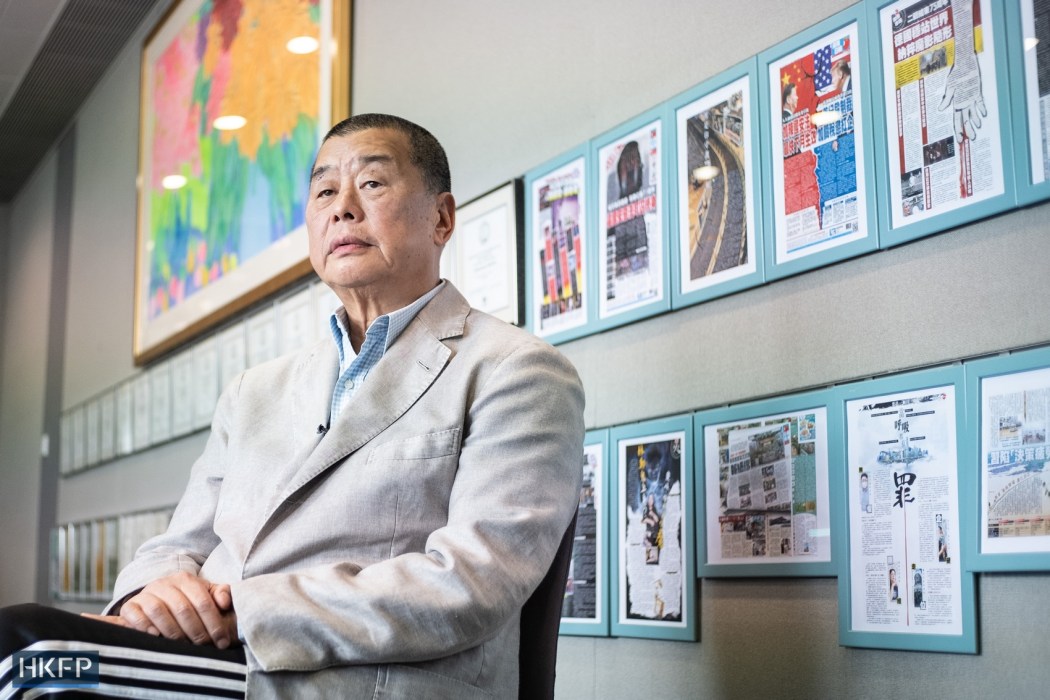China’s top lawmaking body gave Hong Kong leader John Lee the power on Friday to bar foreign lawyers from national security trials, removing the decision from the city’s courts.
Critics said the decision created a “dual state” in Hong Kong’s justice system and turned its national security committee, controlled by top Hong Kong and Beijing officials, into an “omnipotent authority” that could overthrow any national security rulings.

Beijing imposed the sweeping national security law in 2020 after huge, and sometimes violent, pro-democracy protests rocked the city a year earlier.
The law has since been used to crush dissent and transform Hong Kong’s common law traditions that had differentiated it from China’s opaque, party-controlled courts.
Even under the national security law, Hong Kong courts had been able to admit lawyers from other common law jurisdictions to work in the city, particularly for cases where specific expertise was required.
However, Beijing’s National People’s Congress Standing Committee (NPCSC) decided on Friday that Hong Kong’s chief executive should now decide whether overseas lawyers working on cases involving the sweeping new law would pose a threat to national security.
Hong Kong’s courts must now obtain a certificate before considering admission for a foreign lawyer. Failure to do so risks a decision by the city’s powerful national security committee, which is chaired by Lee and Beijing’s liaison chief in Hong Kong.

The committee’s decisions are immune from legal challenge.
Lee, a former police chief, welcomed the decision and argued that foreign lawyers could pose a threat because they came from “hostile” countries. He had previously said they could also be subject to coercion or manipulation.
The issue was sparked by jailed pro-democracy media tycoon Jimmy Lai hiring senior British lawyer Tim Owen to defend him at his upcoming national security trial.
Hong Kong’s government opposed the move even though it had been supported by the city’s judges, including the top court.
The government then turned to the NPCSC, which has the final say in constitutional issues.
“This has created a dual state, an exceptional criminal justice system in which court rulings could be overturned if they do not have the executive power’s endorsement,” Eric Lai, a fellow of Georgetown University’s Center for Asian Law, told AFP.
He also warned that the decision could spill over into cases that are not prosecuted under the national security law.
He and other legal experts had warned such a decision would damage the independence and reliability of the city’s judicial system.
Support HKFP | Policies & Ethics | Error/typo? | Contact Us | Newsletter | Transparency & Annual Report | Apps
Help safeguard press freedom & keep HKFP free for all readers by supporting our team

LATEST FROM HKFP
HKFP has an impartial stance, transparent funding, and balanced coverage guided by an Ethics Code and Corrections Policy.
Support press freedom & help us surpass 1,000 monthly Patrons: 100% independent, governed by an ethics code & not-for-profit.











